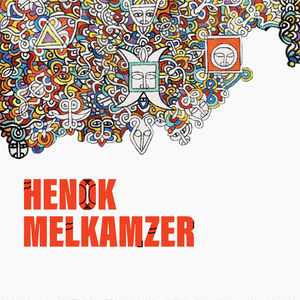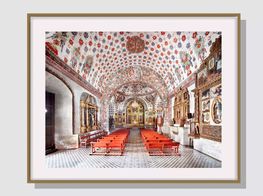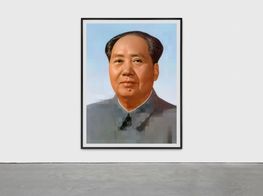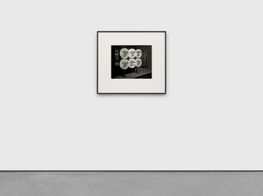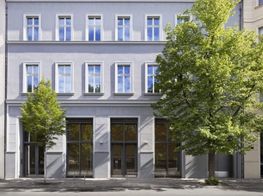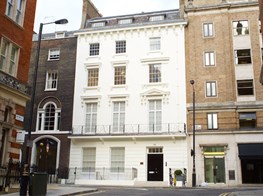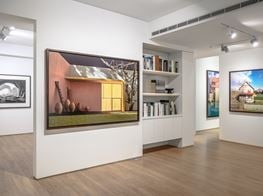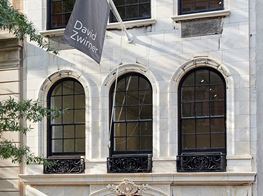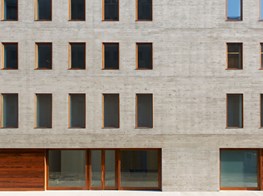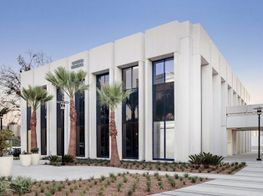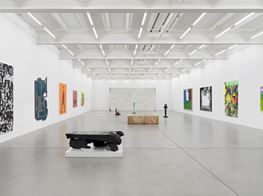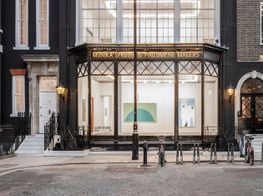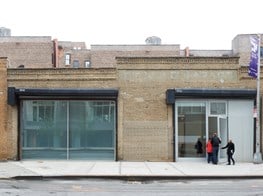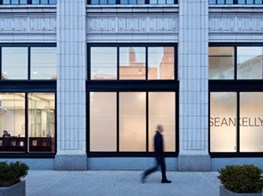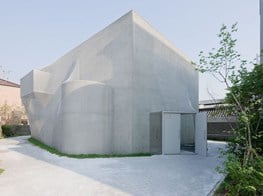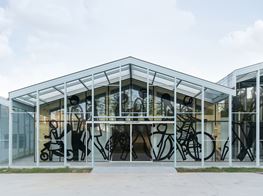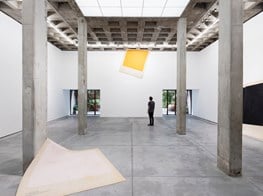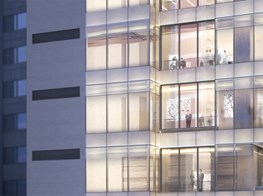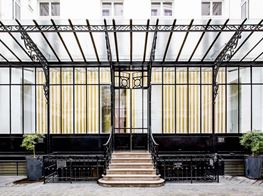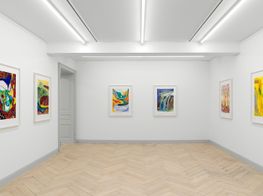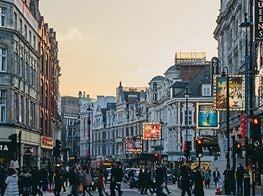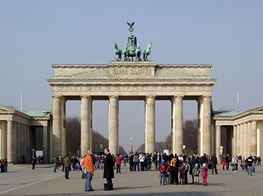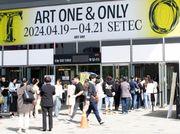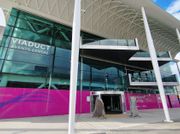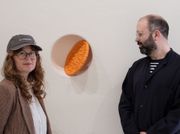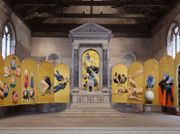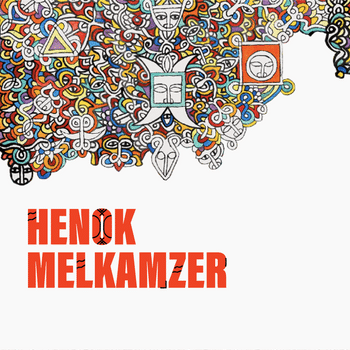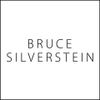Photography Or Not: A Report From The Düsseldorf Photo Weekend
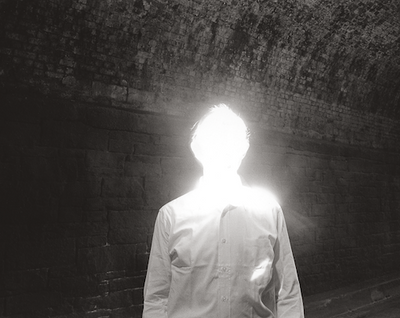
People are always surprised when I say Düsseldorf is a cool city. But come on: the legacy of the Düsseldorf Art Academy (aka. the Kunstakademie) is enough, even without factoring in the 19th century Düsseldorf School of Painting, or the 20th century Düsseldorf School of Photography spearheaded by the Bechers and developed by their students thereafter (including Andreas Gursky, Candida Höfer, Thomas Struth and Thomas Ruff). Nam June Paik taught here, Beuys did, too––you see Beuys as a spectator in photographs depicting the happenings produced by Sigmar Polke, Gerhard Richter, Manfred Kuttner and Konrad Lueg (later Konrad Fischer), the bad boys of Capitalist Realism, a term they coined as Kunstakademie students in the sixties. Even Kraftwerk developed their sound here. Kraftwerk! And on 31st January 2014, Kraftwerk’s Wolfgang Flur was even seen dancing in the NRW Forum during the opening party for the 3rd Düsseldorf Photo Weekend, just steps away from where he was once a student.
It makes sense then, that the portfolio review, which invites young photographers from around the world to present their work in one of photographic history’s most important cities, takes place at the NRW Forum, given its proximity to the academy. Aside from the review, three exhibitions were staged at the NRW Forum on the occasion of 2014’s Photoweekend, the brainchild of gallerist Clara Maria Cels and Werner Lippert, formerly director of the NRW Forum. The first was a small showing of work by Samuel Henne - witty still lifes presented in vibrant colour. The second was an excellent retrospective of works by Duane Michals, who showed at Galerie Clara Maria Cels in the 2013 Photo Weekend. Then, there was Heimat (rather ominously titled Fatherland), which presented the photography collection of DZ Bank Frankfurt including works by Jochen Gerz and Hans-Peter Feldman.
In Heimat, the result was eclectic. In some cases, the notion of the fatherland was subverted, as in Anna & Bernhard Blume’s black and white depiction of man climbing up a ladder and falling from it in Metaphysics are a Man's Thing (1991). In the case of Andreas Mühe’s depiction of a man standing before a wall with the words ‘HEIMAT’ scrawled in white, or a series of seemingly identical houses (all subtly different yet somehow uniform) in Wandlitz (2011), which depicts the homes of some of the most powerful men in former East Germany, notions of the fatherland were problematized, as was the case with Piotr Uklanski’s topological line of portraits in The Nazis (1999), depicting portrayals of Nazi generals in cinema. In the series, Beyond (2008-2010), Loredana Nemes presented the images of two cafes -The Oriental Temple and Café Wrangel - and portraits of their patrons, thus expanding the view the ‘Heimat’ further through the world of men in Turkish and Arabian cafés in the Berlin neighbourhoods of Neukölln, Kreuzberg, and Wedding.
The Turkish reference in Heimat recalled another exhibition taking place as part of the Photo Weekend held just a few hundred metres away from the NRW Forum at the Museum Kunstpalast, known as ‘five museums under one roof’ given the museum’s enviable collections (which includes the second largest glass collection in Europe after the V&A in London). Here, Candida Höfer, the first student of the Bechers, staged a retrospective, which focused on the artist’s relationship with Düsseldorf. Of the first images the artist produced, guide Markus Kottman pointed out four studies of the local Turkish community produced between 1975 and 1978. Kottman explained that when Höfer showed these images to Bernd Becher as portraits, he said they were brilliant because they were more than portraits: “they were about context.”
Indeed, in Düsseldorf, you could say everything is about context. Participating at the Photoweekend were some 32 institutions, a majority of which were gallery spaces, all of whom took into account not only the legacy of photography in the city, but the conceptual approach to representation. This was evident in Juergen Stack’s Zwei at Galerie Konrad Fischer (started by Konrad Lueg). A student of Thomas Ruff and Christopher Williams, Stack presented a three-part show, staged with conceptual precision. It began with the first room, which presented Tableux (2011), a series of wood panels with ghostly Victorian images that were barely visible, produced by the placement of 19th century negatives exposed for up to a year on these panels. In the second room was another series, Family (2012): black canvases hung with familial titles written in white Korean script. Stack had visited a family in Korea and conducted interviews with them, asking each member to describe another; these recordings were played in the space; a play on the notion of representation and description, by removing the image completely. In the third room, Stack presented his latest series, Script (2013): grey, monochrome canvases with specially treated surfaces that bore the marks of a performance that had been held on the exhibition’s opening night, in which the artist invited various participants to transcribe on these canvases, using water as ink, the action taking place within the gallery, as described by someone talking to them through a headset observing visitors in the space. In this space were also audio recordings: Stack has been collecting dying dialects from around the world, including the Japanese dialect ‘Ainu’.
Of course, there is an interesting link here with Japan. Düsseldorf is, after all, home to the largest Japanese community in Germany. And this link has been made manifest in numerous ways, from the Tadao Ando designed building of the Langen Foundation at nearby Neuss, and the foundation's Asian-focused collection (with special emphasis on Japan). In the case of the Photo Weekend, this link was vibrantly explored in the remarkable revival of an archive of work by artist Achim Duchow, which was left to the foundation of Hans Peter Zimmer, founded in 2009 and which moved to its permanent location (a transdisciplinary site) the Welkunstzimmer in 2012. Titled, In Search of Japan, 1979-1993, the exhibition presented never-before-seen work by an artist whose aim was to subvert the stereotypes of Japanese culture he encountered in the west at the time.
A painter who worked with Polke, Duchow went to Japan after he graduated on a scholarship, and stayed there from 1979 to 1981, returning intermittently thereafter. The images he took evoke the darkened alleyways of Shinjuku––the punk scene that flourished within those cramped bars, where you had to know the right people to gain access. Much of the collection focused on the ‘8-9-3’––the yakuza and their underworld, and the satellite scenes that existed around it. In one photograph, a young Japanese man, smiles deliriously: he is wearing an olive green army suit with a bright red swastika armband.
In many ways, the common theme this Photo Weekend, for many galleries, was how to transcend photography, perhaps even challenge it. One of the more interesting cases of this was Input Osterreich at TZR Galerie, presenting a suite of image folders from the Viennese actionist years, depicting performances by Herman Nitsch, Gunter Brüs, Rudolf Schwarzkogler and Otto Mühl. The images are beautifully composed, given how these artists understood their actions as paintings in space and time. As director Kai Bruckner explained, on top of these compositions was the added layer of the photographers who documented these performances: Ludwig Hoffenreich who captured Self-painting 1 (1964) as well as eight images within the folder titled ‘Ana’ by Günter Brus; Siegfried Klein, a professional photographer who went by the name, in his work for the actionists, ‘Khasaq’; Heinz Cibulka whose photographs captured Hermann Nitsch's actions presented here; and Franz Hubmann who documented Otto Mühl’s Action No. 5 (1964).
Overall, given that this was the third edition of the Düsseldorf Photo Weekend, it seems this event will keep on growing. The organizers have started to make links with cities around the world, and hope to build on these connections curatorially in the future, with Milan being the first on the agenda. Indeed, from the video works by Marijke Van Warmerdam at the Kunsthalle, the gorgeous photo-compositions by Barbara Kasten at Kadel Willborn, to Helmut Schweizer’s comparative history of nuclear energy between Hiroshima and Fukushima at the ever-eccentric Galerie Rupert Pfab, and the conceptual breakdown of image in the 21st century by Melanie Gilligan over at Galerie Max Mayer, the Photo Weekend experience is one that illuminates the fractal nature of contemporary photography in a manner that felt clear, concise...cool.

